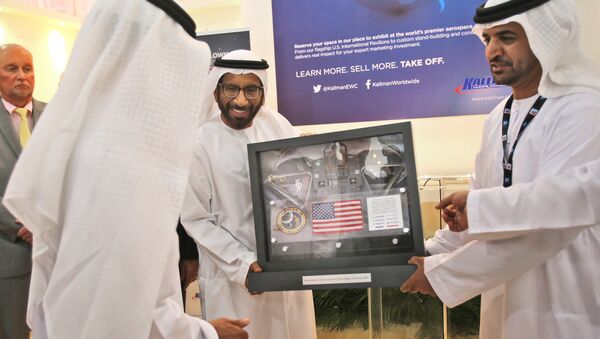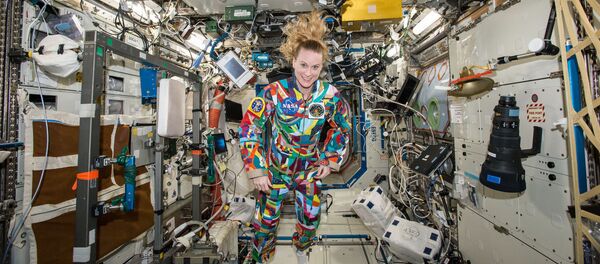Maktoum, who is also the UAE's vice president and ruler of the Emirate of Dubai, made a statement on Thursday announcing the launch of the astronaut program. "The people of the UAE will break barriers," he said.
"There is no power strong enough to stand in the way of those who believe nothing is impossible. Our ambitious goals are fueled by dedicated people, who support us until, without hesitation or skepticism, we succeed."
The program will be open to application by Emirati men and women with college degrees. Applicants will undergo a "most competitive" vetting process to select an astronaut corps by 2019. They will then undergo months of training before the final team is selected.
"Astronauts should be fit and in good health to ensure they are able to fly to space," the application states. "This does not mean we are looking for Olympic athletes, but mobility and some strength is required. In addition, candidates should also be able to demonstrate that they have the personality to be able to work as part of a team."
The UAE has been making waves in the space race since the founding of their $5.4 billion space agency in 2014: they have also announced their plans to become the first Arab country to send an unmanned probe to Mars, by 2021.
Their long-term goal is to build the first permanent human settlement on Mars sometime in the next 100 years. "Human ambitions have no limits, and whoever looks into the scientific breakthroughs in the current century believes that human abilities can realise the most important human dream," Maktoum said during the announcement of the project in February.
Maktoum has become the face of the UAE's burgeoning space program, with the Mohammed bin Rashid Space Centre (MBRSC) carrying his name.
Several Middle Eastern nations have sent a citizen to space before, but never aboard their own vessel. Saudi Arabia and Syria have both seen their citizens leave Earth's atmosphere, but aboard American and Soviet missions, respectively. Israeli astronaut Ilan Ramon also spent time in space aboard NASA's Space Shuttle Columbia, but he was killed along with the rest of the crew during a re-entry accident in 2003. Iran has sent animals to space aboard their own rockets, but never a person.




